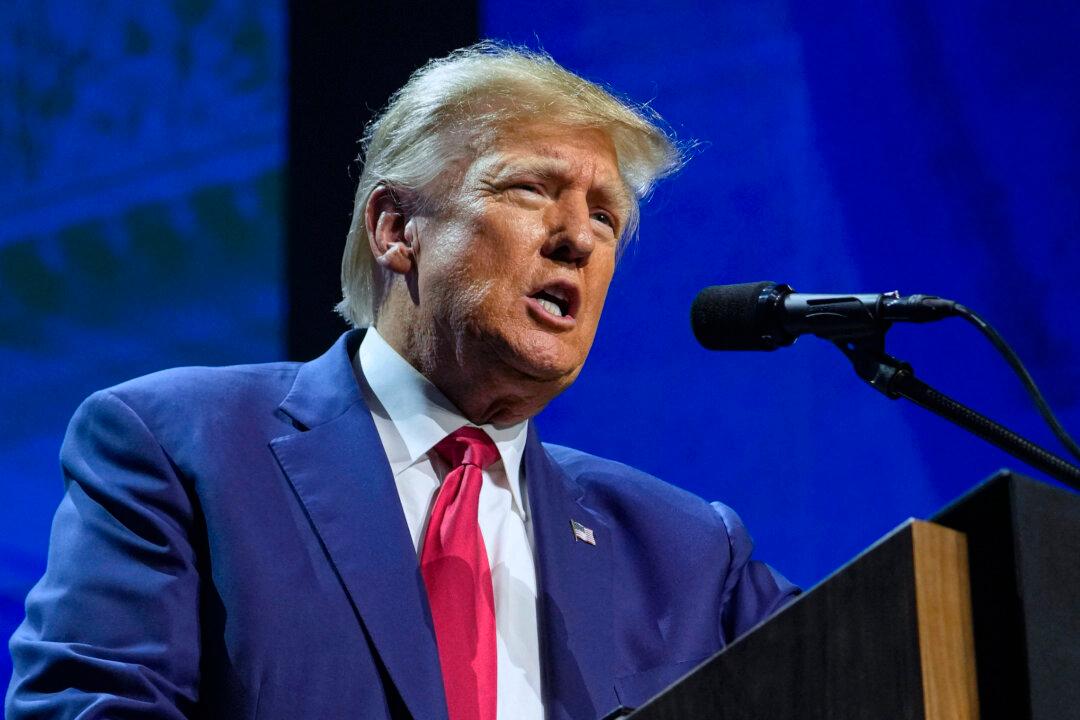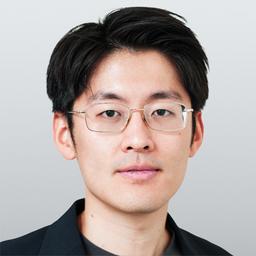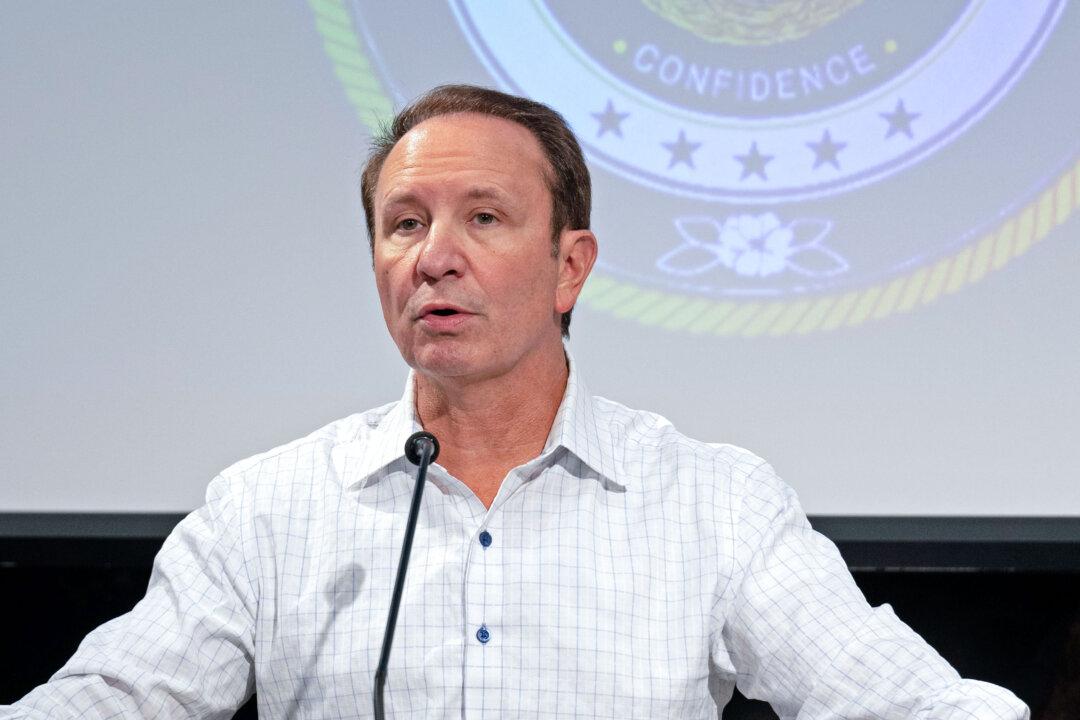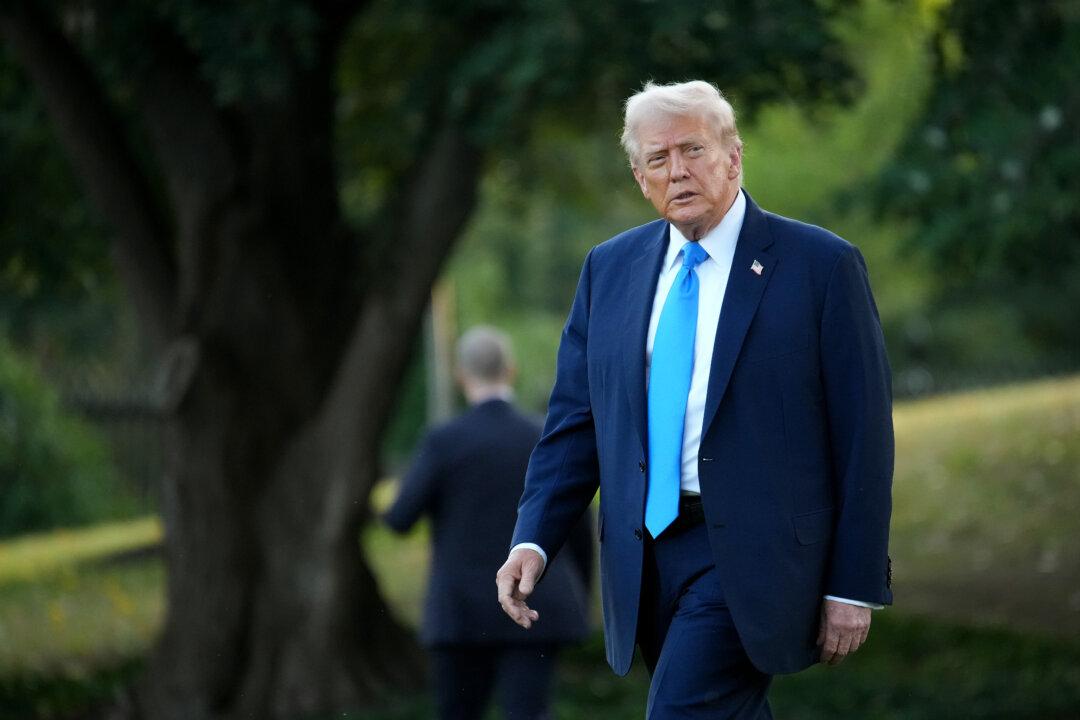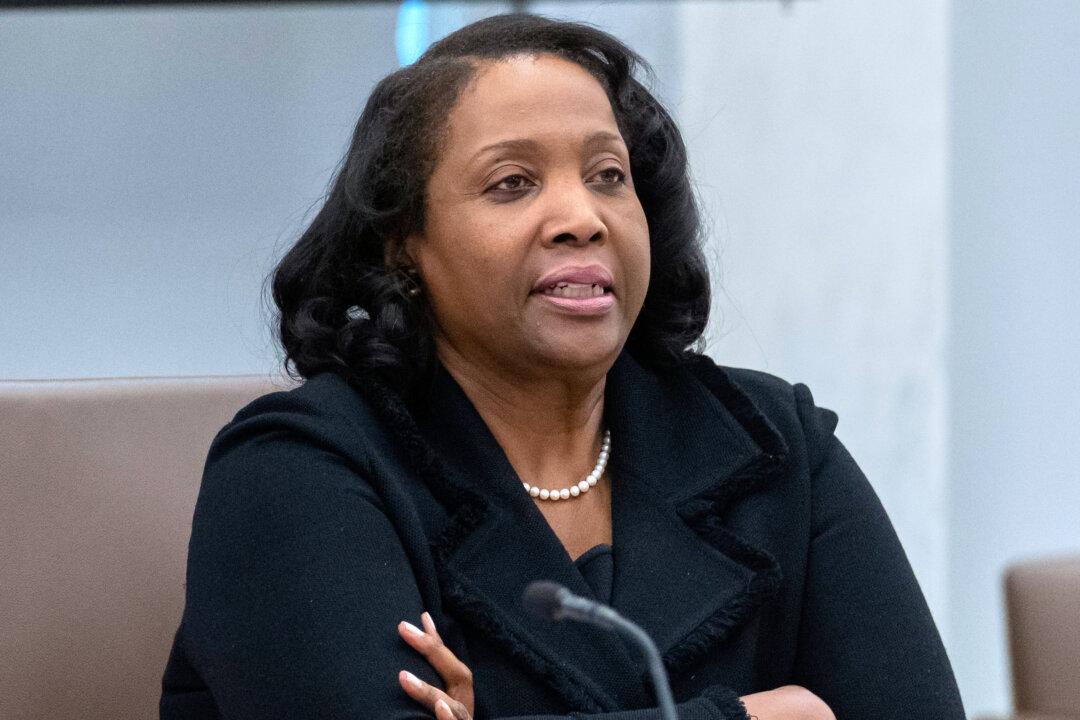Lawyers for former President Donald Trump are asking a federal court in Washington to compel federal prosecutors to turn over evidence suggesting the existence of election fraud in the 2020 election, which they say will aid President Trump’s defense in the case.
President Trump’s lawyers argue in a pretrial motion (pdf) filed late Monday that the former president’s concerns related to fraud in the 2020 presidential election “were plausible and maintained in good faith,” citing numerous official investigations after the election that found alleged evidence of foreign influence in the election.
